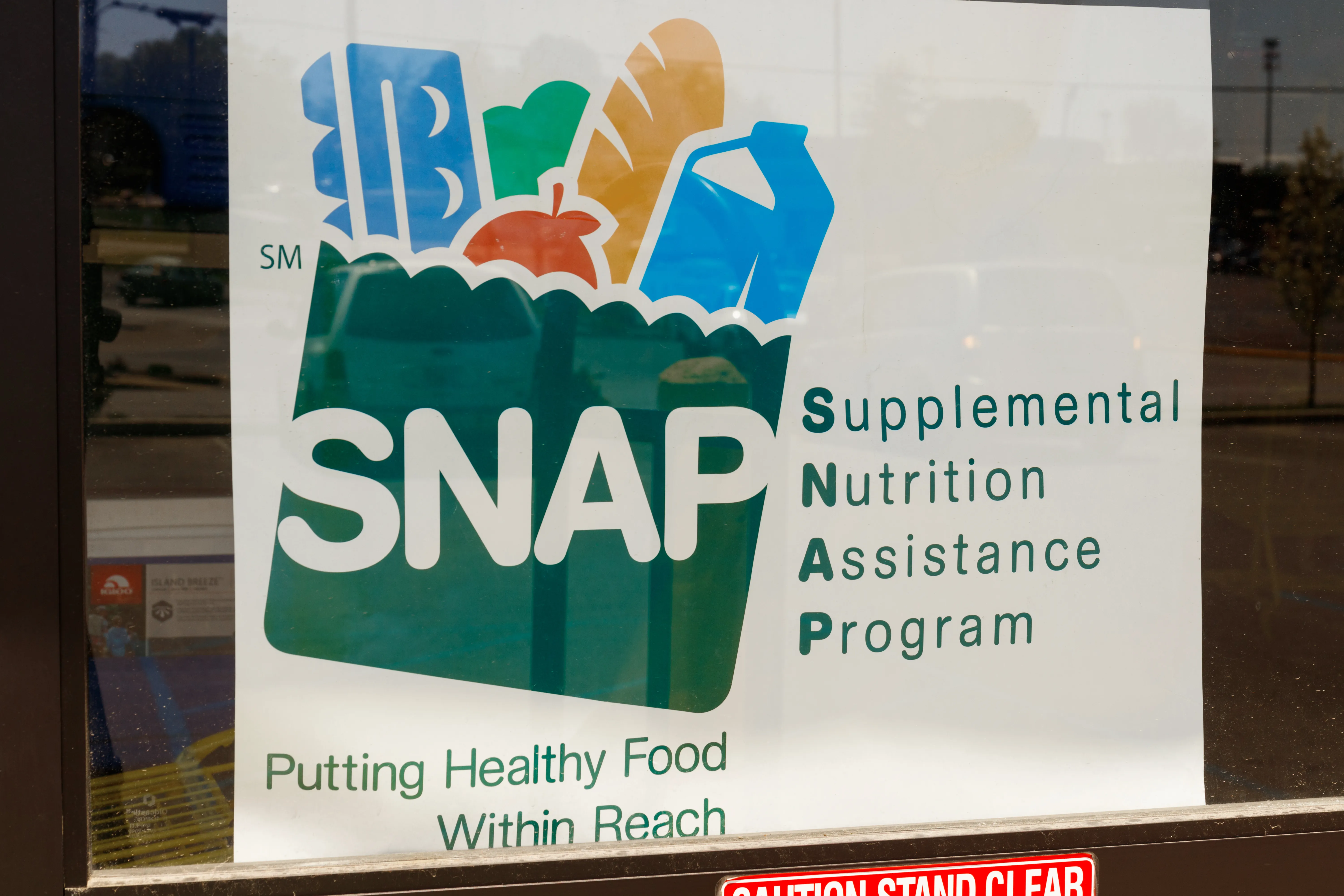
More households in Rocky Mountain region report difficulties meeting expenses
(The Center Square) – A growing number of households in the Rocky Mountain region report “difficulties” meeting their monthly expenses because of inflation, according to a new report from the Federal Reserve Bank of Kansas City.
Overall, the report found that households in Colorado, New Mexico, and Wyoming are shifting spending habits away from large-ticket purchases and are instead switching to lower-cost options for items like food and gas. The shift in spending habits come as inflation reached 9.1 percent nationwide in June.
"The share of households facing difficulty paying for their usual household expenses has increased between 10 and 15 percentage points over the last year for Colorado, New Mexico, and Wyoming, respectively," the report said. "Inflationary pressures continue to erode the purchasing power of households and may jeopardize their ability to pay off debt moving forward."
Many households began the year under “healthy debt conditions” as the cost of paying off their debts declined, the report noted. Meanwhile, personal savings nearly doubled throughout 2020 and 2021 thanks to federal and state pandemic aid programs.
Household debt also increased significantly in the Rocky Mountain region primarily due to growing mortgage debt balances, according to the report. In Colorado, households saw their debt balances increase by an average of 10 percent between 2020 and 2022.
The increase in mortgage debt balances offset “modest declines” in other debt categories such as credit cards and home equity line of credit loans, according to the report.
One positive aspect the report pointed out is that debt delinquency rates remain low in the region, even as interest rates continue to climb to fight inflation. Delinquency rates in Colorado, New Mexico, and Wyoming are at 1.6 percent, 3.9 percent, and 2.9 percent, respectively.
“Current delinquency rates are a stark contrast to the 2007-09 recession, where elevated delinquency rates reflected the severe financial distress experienced by many households during that period,” the bank said. “While delinquency rates remain subdued, there have been slight pickups in rates for New Mexico and Wyoming, particularly for debt that is less than 90 days past due.”
















